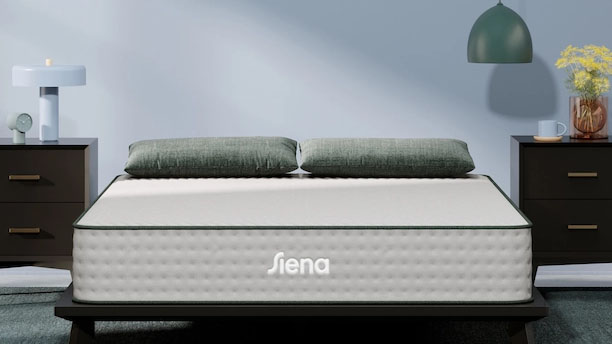Nintendo Switch might support Bluetooth headphones — why PS5 and Xbox Series X should too
It's past time console makers got serious about Bluetooth headphone compatibility
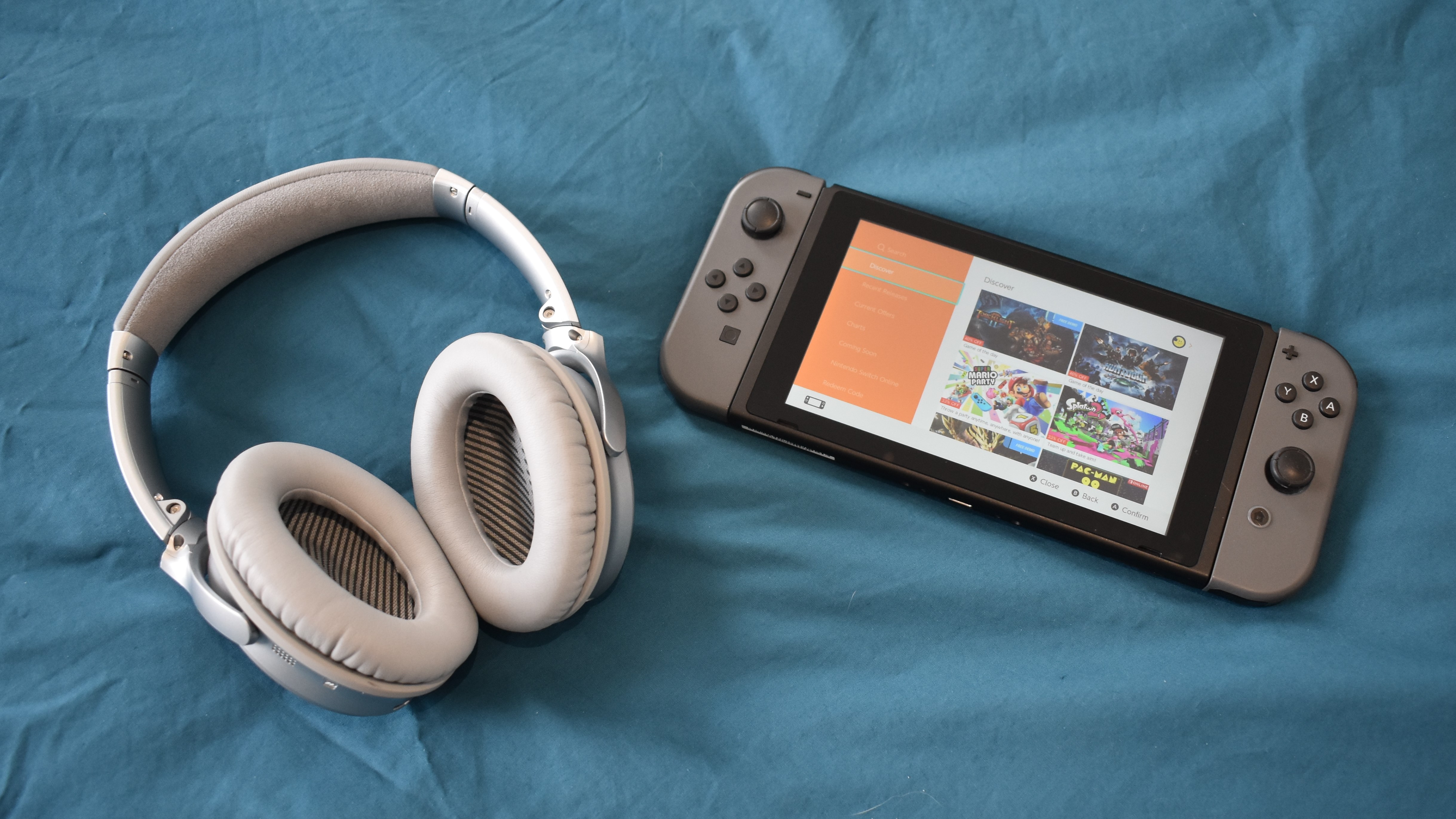
After four years, the Nintendo Switch might finally let you ditch headphone cables and adaptors and connect straight to Bluetooth headphones instead.
Earlier this week, dataminers found evidence of Bluetooth support hidden deep within the Switch's 12.0.0 firmware update. It should be noted that this doesn't actually confirm anything, of course. And even by enabling the Switch’s Bluetooth driver, the update wouldn't unlock wireless headphone support by itself. But the road is paved, and if Nintendo stays the course it could grant the Switch with a feature that it, along with the PS5 and the Xbox Series X, should really all have possessed since launch.
- The latest PS5 restock dates and details
- We're tracking Xbox Series X restock dates
- Plus: AirPods 3 counterfeits appear with leaked design — don't be fooled
Yes, none of the big three consoles simply let you pair your favorite set of cans, at least not without some fumbling around with adaptors. And in 2021, where wireless headphones are a firm norm, that seems fairly ridiculous.
A wireless console — without wireless audio
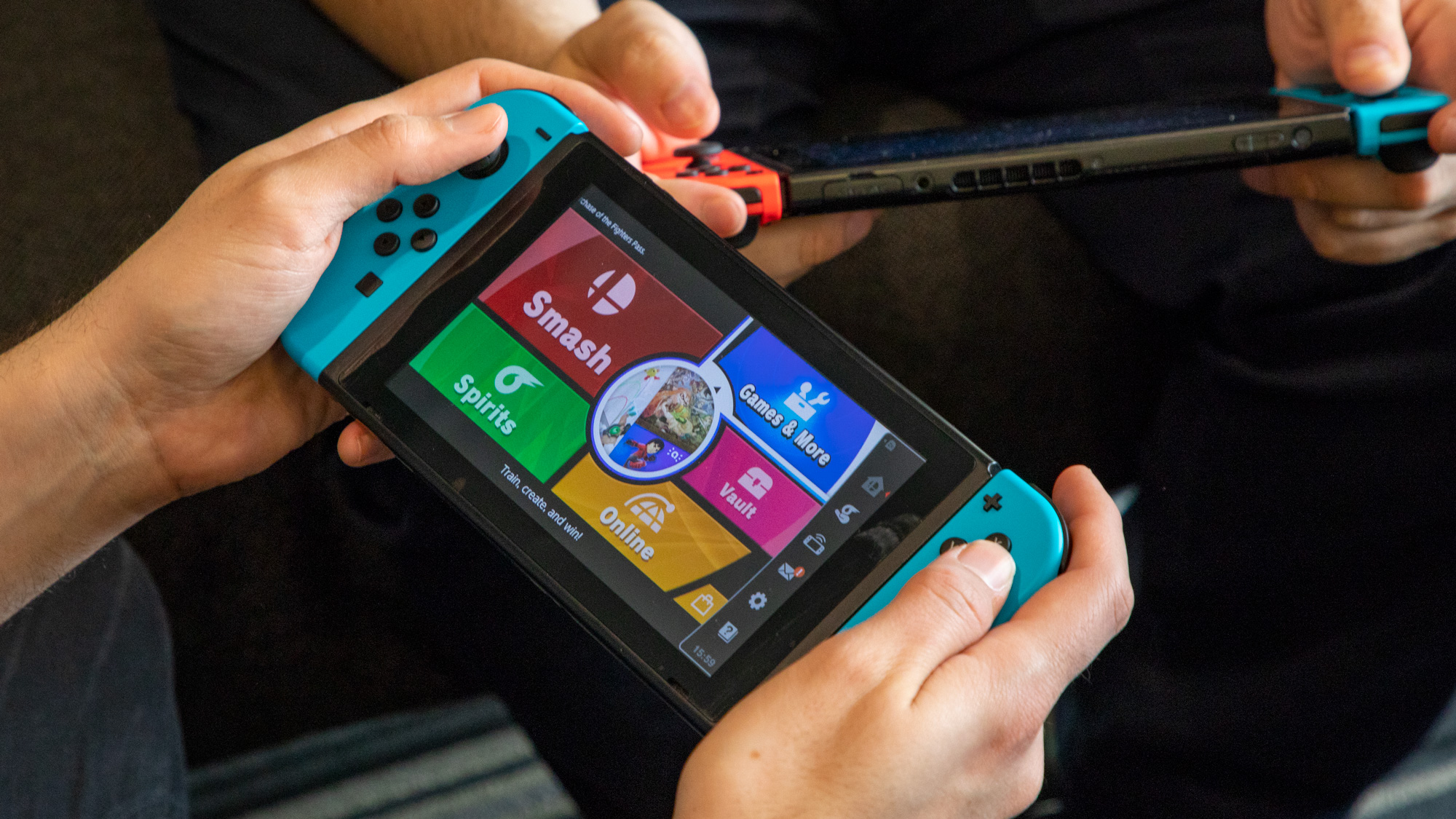
It’s a particularly egregious fault on the Switch, not to mention the portable-only Switch Lite. While the PS5 and Xbox Series X are more naturally suited to TV speakers and soundbars, the Switch is designed to go out and about, where headphones are necessary. And while it’s the oldest of the three, it’s not like it came out in the days of phonographs. Bluetooth headphones were already popular during the Switch's development, and the original Apple AirPods was already making tiny true wireless earbuds into a very big deal.
The inclusion of Bluetooth drivers, in addition to the 3.5mm headphone jack, could be seen as future-proofing. But in this case the future had already arrived, and as encouraging as this recent firmware update is, at the absolute best it’s a bafflingly late attempt to play catch-up. “Just use a cable” isn’t a very convincing alternative either: it would defeat the purpose of buying a wireless pair of headphones in the first place. And some models, like the Apple AirPods Max, don’t even include a 3.5mm cable.
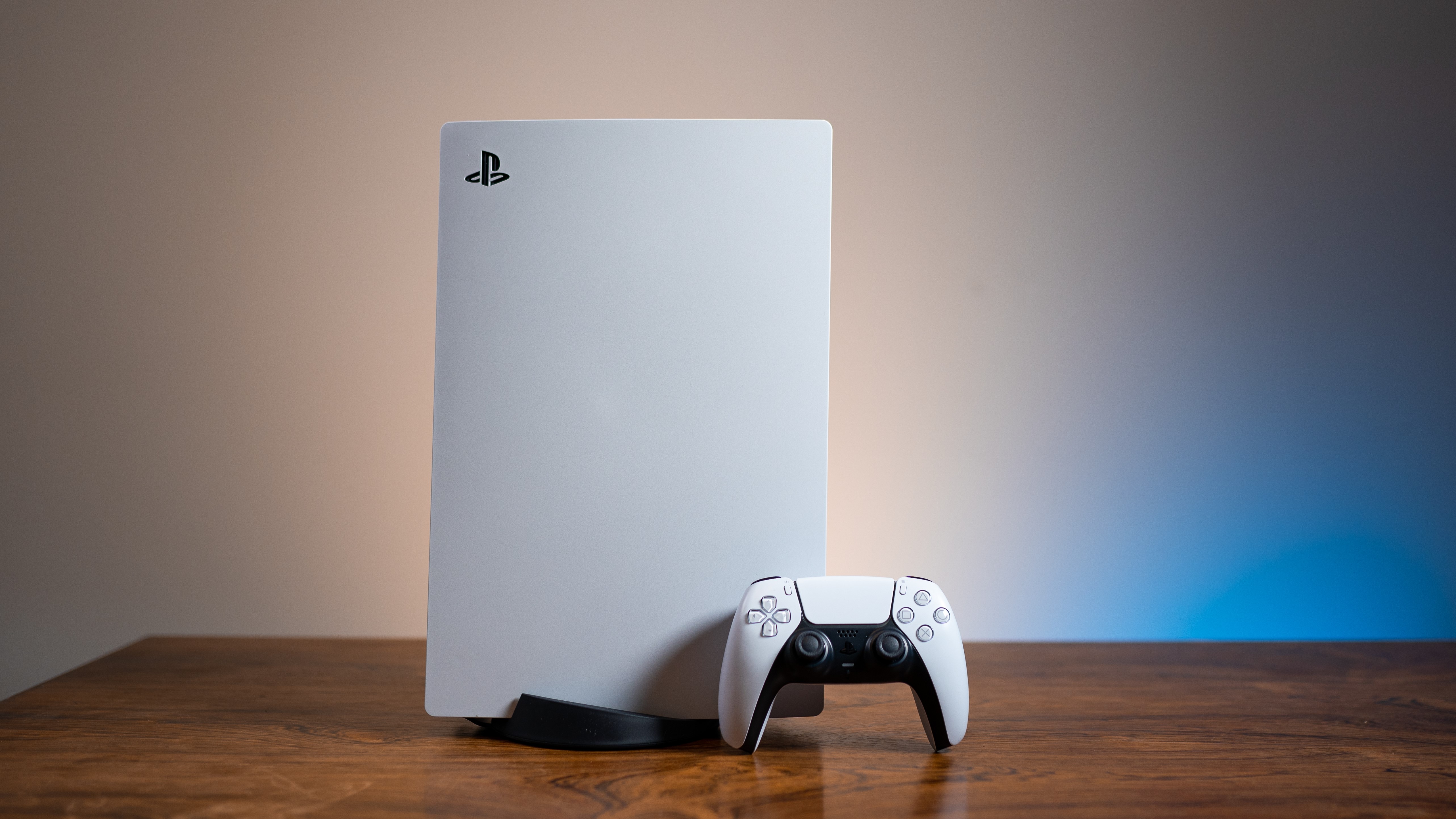
The PS5 is in a similar state to the Switch: the only way to use Bluetooth headphones is by purchasing a USB adapter. This can, at least, plug relatively inconspicuously into the console; with the Switch, you’ll have to carry it around with an unwieldy block of plastic poking out of the headphone jack or USB-C port. The latter of which, don’t forget, becomes inaccessible in docked mode.
But the PS5’s “solution” is far from ideal. Besides requiring an adaptor purchase on top of the $499 console, USB Bluetooth adaptors themselves can add lag — not a major problem in single-player games that the Switch is so fond of, but in more competitive multiplayer games it can be a genuine disadvantage.
Microsoft's walled garden
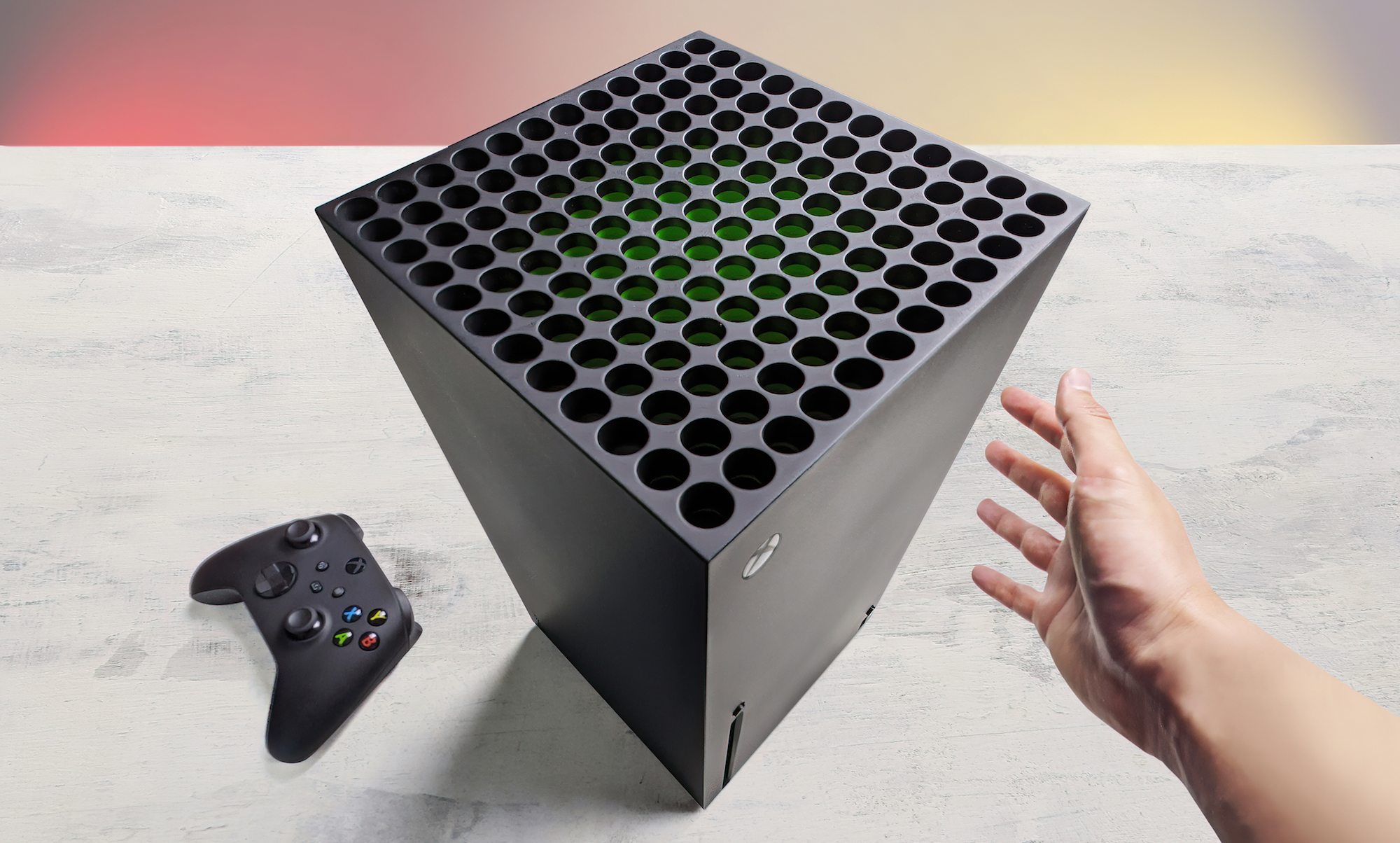
Then there’s the Xbox Series X, which combines the worst of both worlds. Technically, the console itself doesn’t support Bluetooth at all, likely to protect Microsoft’s proprietary Xbox Wireless protocol that it uses for controllers and headsets. You therefore need to plug your potentially lag-adding adaptor into the 3.5mm jack on the controller, adding bulk and weight to the only handheld device in the system.
I appreciate if this sounds like the reverse of every argument about Apple ditching the headphone jack on the iPhone series. The irony of getting from “But not everyone has wireless headphones” to “But not everyone has wired headphones” is not lost.
Either way, here’s the thing: both those arguments are valid. Ultimately, the problem with the Switch, PS5 and Xbox Series X all lacking proper Bluetooth support comes down to a absence of choice. If you’re happy to plug in a 3.5mm cable to your Switch console or Xbox controller, great. But for millions of others, it would be quicker and easier to just pair over Bluetooth, a technology that’s cheap to implement and available in headphones of almost all styles and prices.
To limit that choice can only therefore be the result of weird oversight or, I suspect, to incentivize sales of proprietary peripherals. Neither of which, given the accessibility and popularity of Bluetooth headphones, are good enough.
- More: Our picks of the best wireless headphones
Sign up to get the BEST of Tom's Guide direct to your inbox.
Get instant access to breaking news, the hottest reviews, great deals and helpful tips.
James is currently Hardware Editor at Rock Paper Shotgun, but before that was Audio Editor at Tom’s Guide, where he covered headphones, speakers, soundbars and anything else that intentionally makes noise. A PC enthusiast, he also wrote computing and gaming news for TG, usually relating to how hard it is to find graphics card stock.

